Mayor cuts meaty menu to serve plant-based food
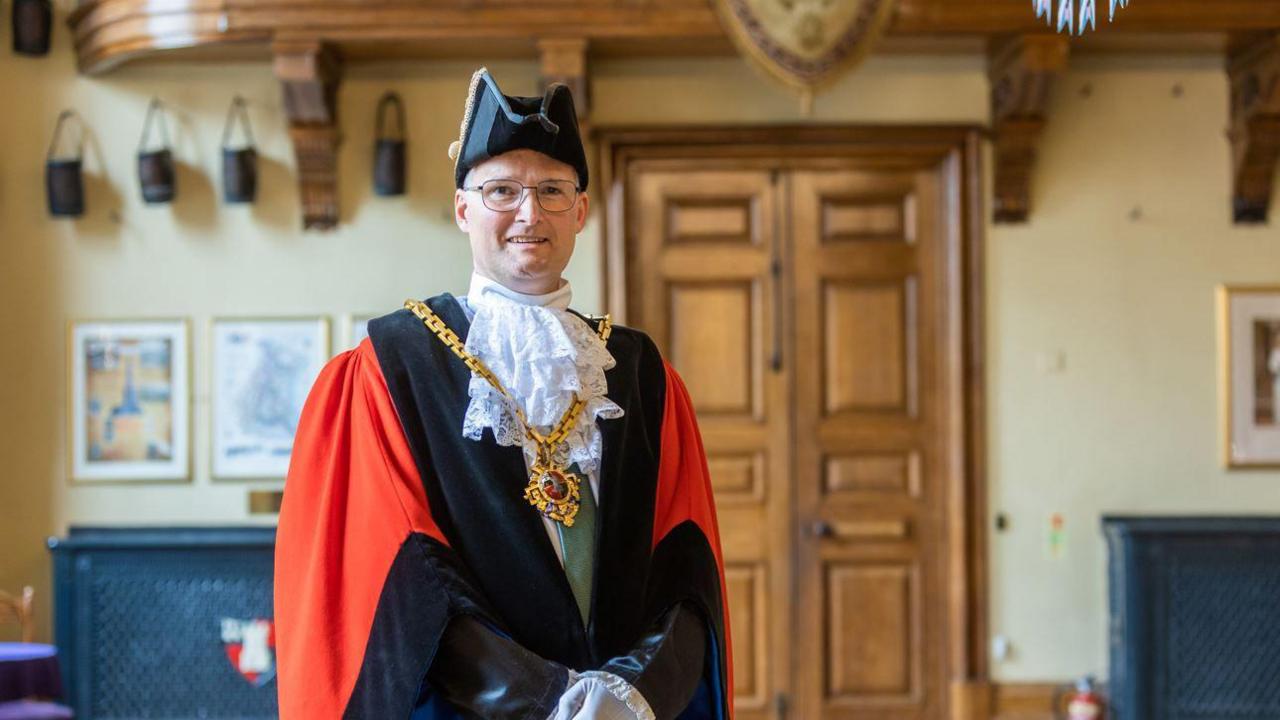
Councillor Louis Stephen became Worcester's first Green mayor last year
- Published
Worcester's first Green mayor has taken meat off the menu at his council receptions, to offer city councillors solely plant-based food.
Councillor Louis Stephen said he'd made the decision to highlight how everyone could make a contribution to tackling climate change.
It is traditional for the city's mayor to invite councillors to their parlour for refreshment, after long council meetings.
But the former mayor and Conservative councillor Alan Amos said the move was "discriminatory" against meat eaters.
"Switching from meat reduces your carbon impact," Councillor Stephen said.
"Another of the advantages about plant-based food is that anyone can eat it: it doesn't matter whether you're Muslim or Jewish or Hindu".
The mayor's meat-free menu change affects six mayoral receptions a year, but the council's wider policy for other events has not changed.
Yet the decision was debated at a full meeting of Worcester City Council, external on Tuesday night, after a question from Councillor Amos.
"Given that meat eaters are about 93% of the population, and that rightly alternative provision is made for vegetarians and vegans, why has a decision been made to deny any choice for the 93% at post-council receptions?" Councillor Amos asked.
The former mayor went on to argue that the mayor's menu choice was inconsistent with the council's policies of diversity and equality.
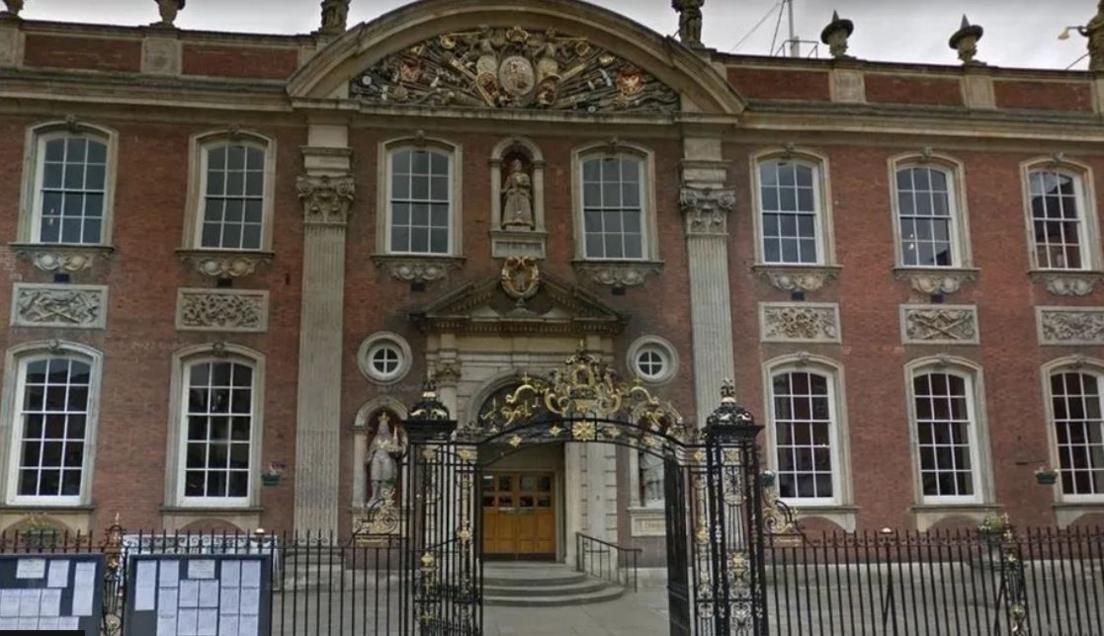
The plant-based refreshments were offered to councillors on Tuesday night, and were said to include a "no duck" hoisin wrap and plant-based salami sandwich.
"I do not think not being able to eat meat at a particular event is a diversity and equality issue," replied Green councillor Marjory Bisset, joint leader of the city council.
"There are only six such meetings a year, is it really such an imposition to be deprived of meat on these six occasions?"
Food for thought
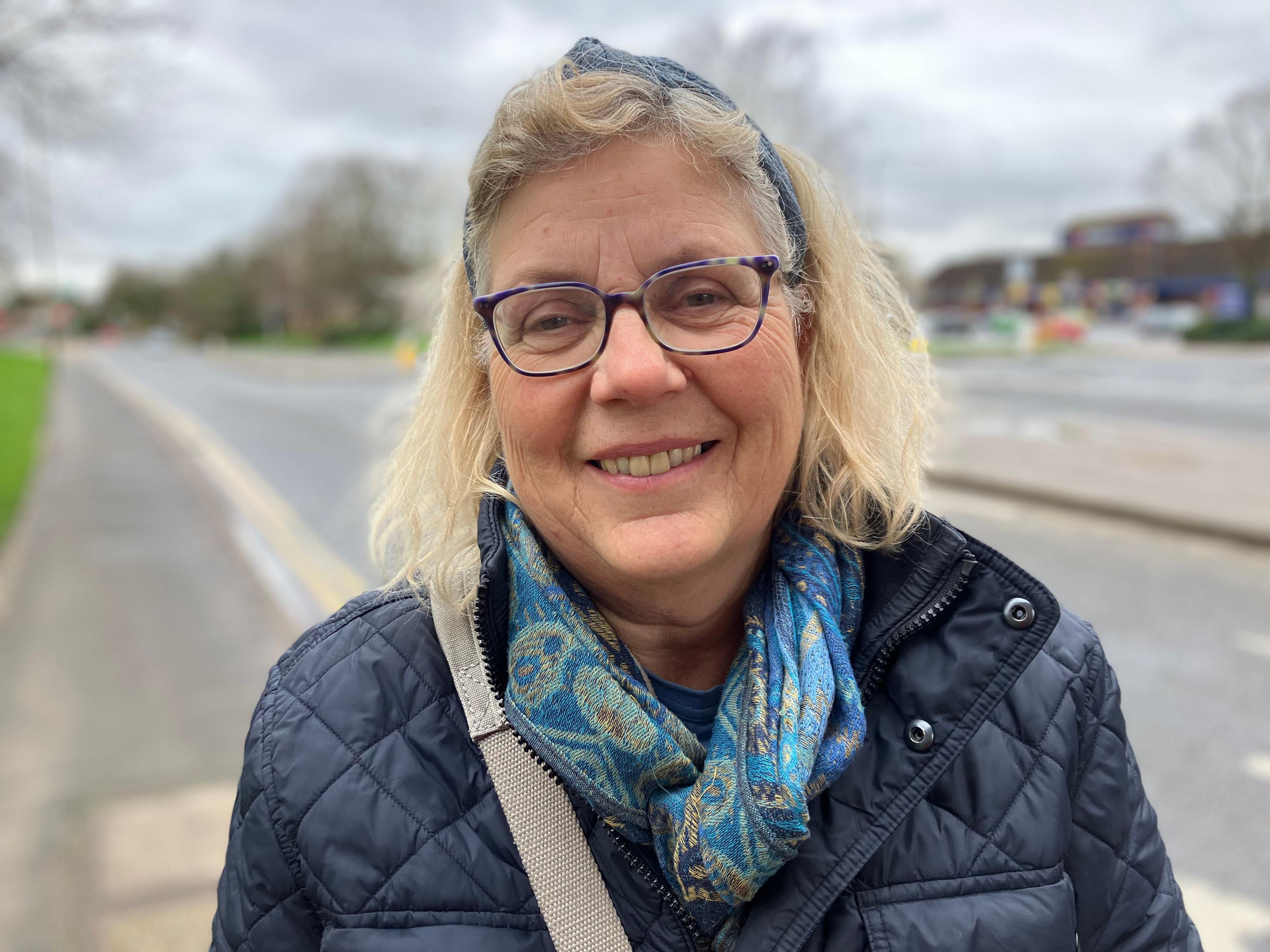
Worcester resident Julie Foster thought offering solely plant-based was "a bit of a stretch"
On the streets of Worcester, the mayor's menu change has had a mixed response.
"It wouldn't have bothered me. If that's what's on offer, that's what's on offer," said resident Teresa Skudder, despite admitting she had just eaten a steak for lunch.
"I just think it's a silly statement to say it's discriminatory against meat-eaters," she added.
"I wouldn't call it discriminatory, but I would think that everyone is allowed a choice. I would have hoped there would have been more variety to suit all tastes," said Julie Foster.
"I'd be happy with it. I do eat meat myself however I do quite often opt for a vegetarian option," said Rebecca Hoare, who stopped to talk after buying a pasty.
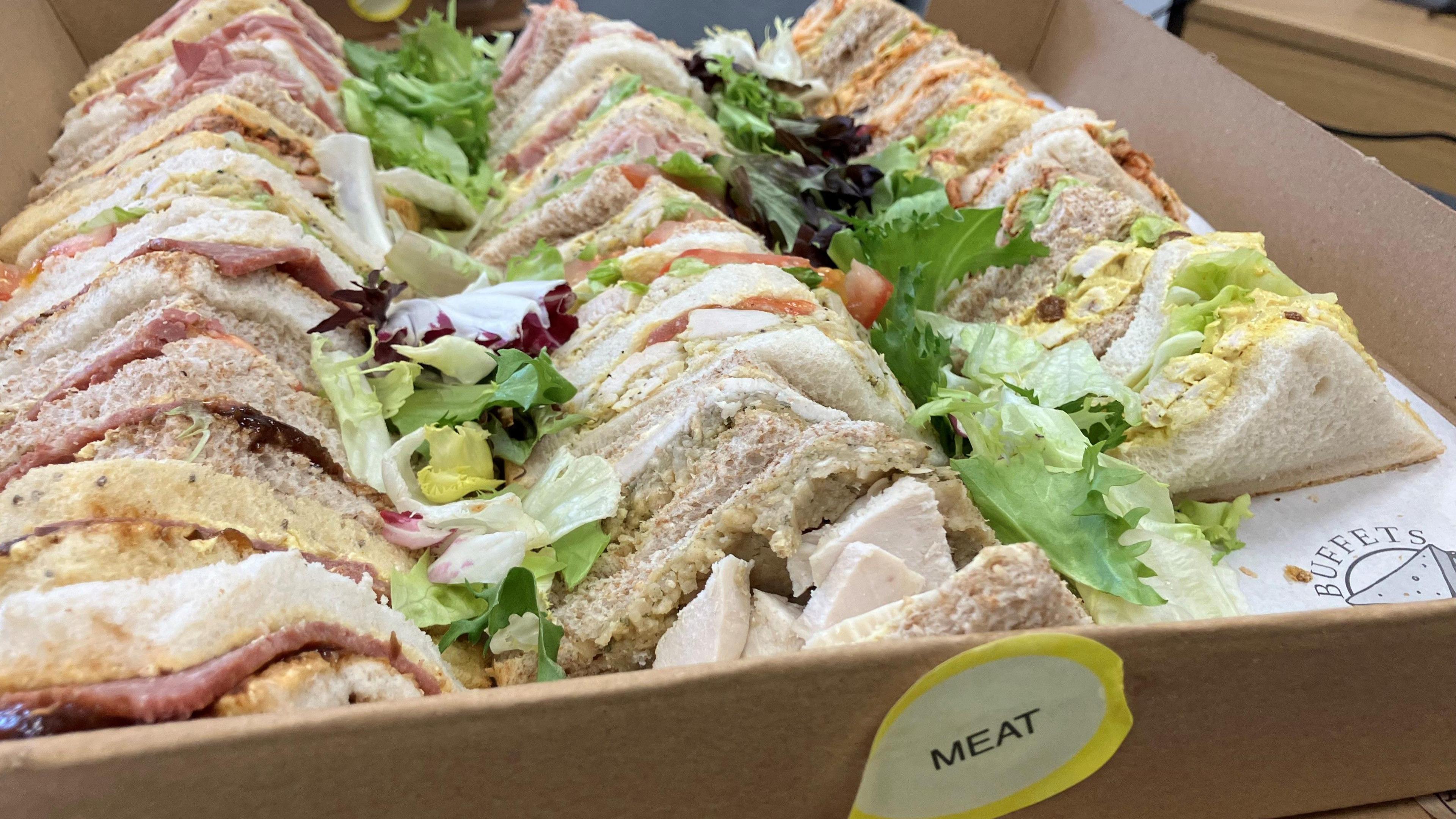
Several councils across the UK have proposed switching to plant-based refreshments
Follow BBC West Midlands on Facebook, external, X, external and Instagram, external. Send your story ideas to: newsonline.westmidlands@bbc.co.uk, external
- Published13 January 2024
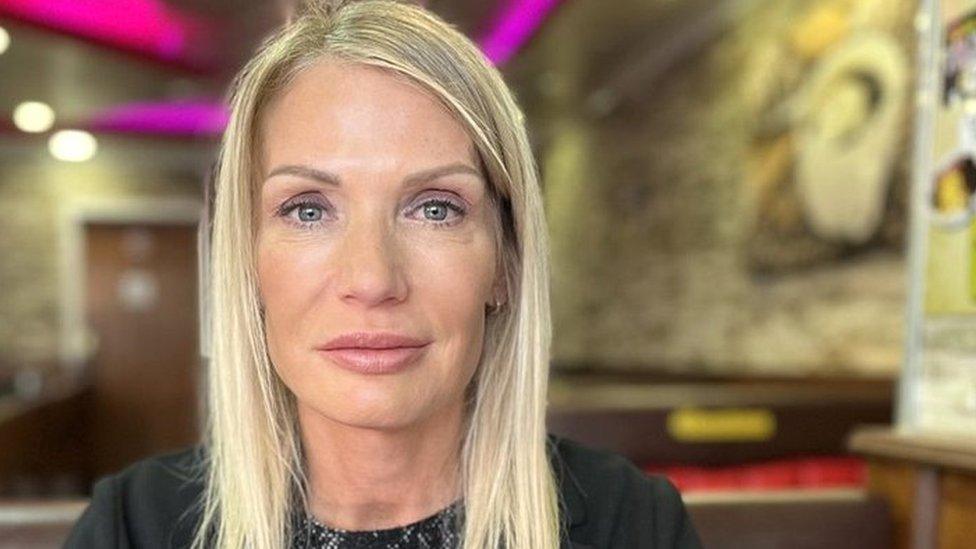
- Published20 January 2023
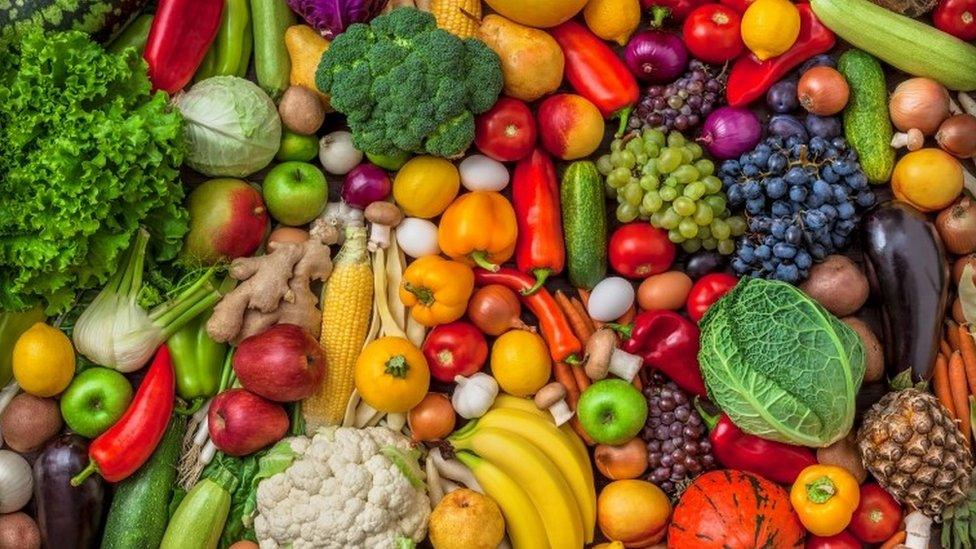
- Published23 January 2023
